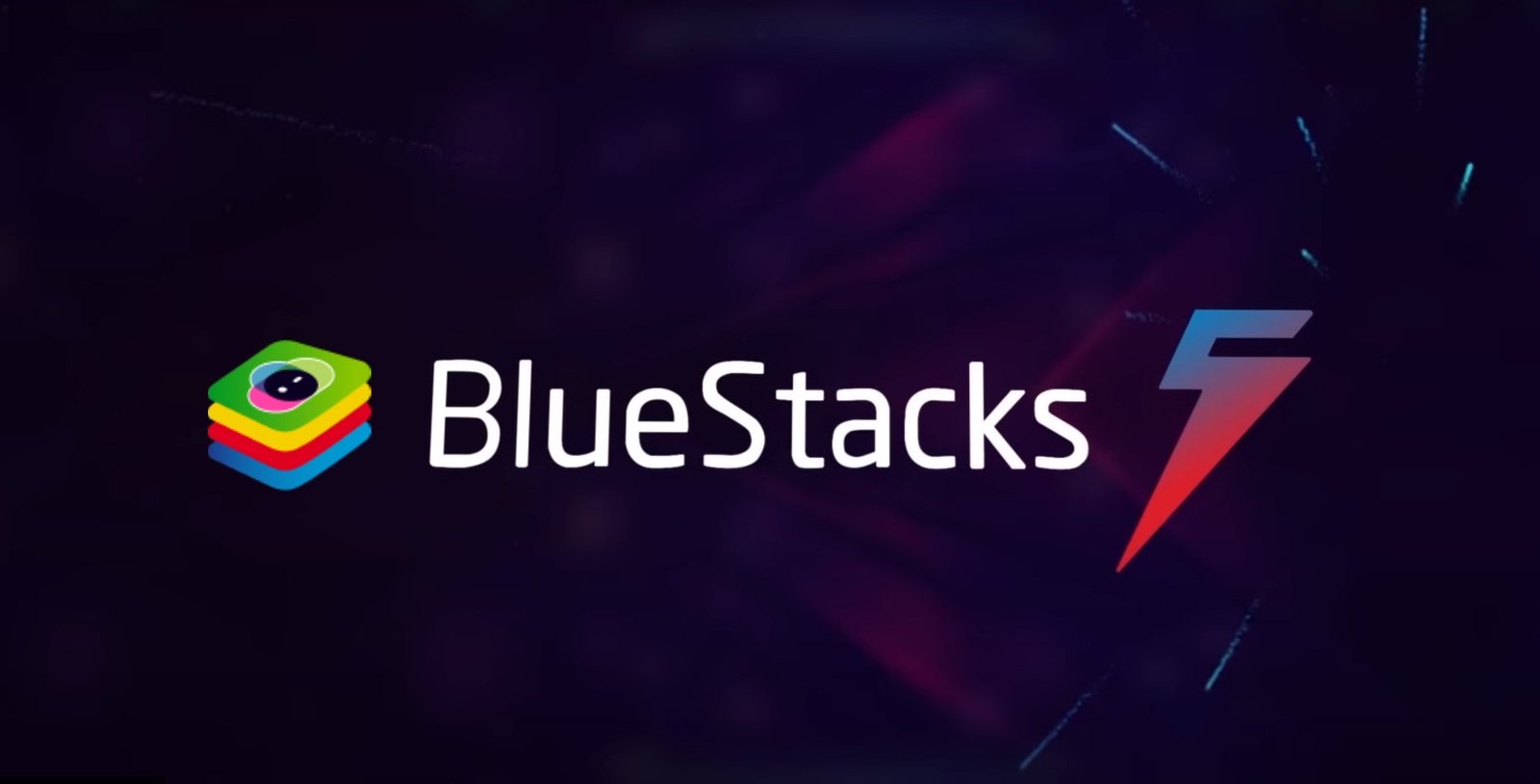Top Facebook Alternatives for Different Social Media Types

When discussing social networking sites, Facebook is often the first to come to mind. It has introduced millions of people to the world of social networking. In recent times, many individuals are choosing to delete their Facebook accounts or become inactive.
The primary reason behind this trend is privacy concerns. Despite being aware of Facebook’s data usage practices, the recent controversy involving Facebook and Cambridge Analytica has actively led many to seek alternatives.
If you enjoy social networking but are wary of privacy issues, you have come to the right place. Here are the list of Facebook alternatives for different social media types:
1. MeWe
MeWe is a fantastic Facebook substitute because it highly values user privacy and data protection. MeWe don’t use data mining, targeted advertising, or content manipulation as Facebook does.
It offers users a secure, ad-free environment where they have complete control over their content and personal information. Genuine friendships and meaningful interactions are fostered by MeWe’s emphasis on user privacy without the interference of algorithms or advertisements.
The network also provides several services similar to Facebook, including groups, chats, and multimedia sharing.
MeWe stands out as an appealing option for people seeking a safer and more genuine social networking experience. It is because of its dedication to privacy and user control.
2. Vero
Vero provides an excellent alternative to Facebook and is worth exploring. This social network only exists as an app, and it has a stunningly appealing UI that is simple to use and understand.
Vero presents feed posts in the chronological order of their publication, reminiscent of an earlier version of Facebook. This feature distinguishes Vero from other social media platforms.
In contrast to other alternative social media sites, this platform has a more premium setting and a sense of legitimacy. The impending switch to a subscription model for new customers will further enhance this private environment.
However, users who register before the paid version’s launch need not worry because they will continue to have a free account forever.
3. Mastodon
Mastodon is a notable Facebook substitute that takes a different tack regarding social networking. It employs a decentralized paradigm and consists of a network of connected servers known as instances.
Users can build their instances or join existing ones, enabling the growth of specialized communities. Mastodon strongly emphasizes privacy and gives users control over their data and interactions.
Mastodon promotes diversity and customization, in contrast to Facebook’s rigid organization. The focus on privacy, community, and individualism makes it an attractive option for individuals looking for an alternative social media experience.
4. Minds
Minds was launched in 2015 in response to concerns about Facebook’s extensive user data collection. Unlike Facebook, Minds prioritizes user privacy and security, avoiding the collection of user activity data to create personalized feeds.
The platform is accessible through its website and smartphone app, available on iOS and Android platforms. Minds operate similarly to Facebook regarding user profiles, feeds, posts, sharing, and groups.
However, it sets itself apart by integrating crypto currency. Users can earn the Minds token by creating engaging content. Subscribers can use this crypto currency to promote their posts within the network or exchange it for other crypto currencies and cash.
5. WT.Social
Jimmy Wales, the co-founder of Wikipedia, introduced the social media network WT.Social, sometimes referred to as WikiTribune Social.
The platform was created as an alternative to popular social media sites like Facebook. This platform is to eradicate false information and fake news. The platform is based on collaborative journalism, where users can exchange news stories and discussion threads.
While also having access to edit and enhance the content shared by others. It strives to establish a setting where trustworthy information is prioritized, and people may have productive discussions.
6. Telegram
Telegram is a widely used messaging app frequently seen as a substitute for Facebook’s messaging functions. Although it doesn’t entirely replace Facebook’s broader social networking features, Telegram offers a variety of comparable features.
It provides a secure platform with end-to-end encryption for individual and group chats. Users can share multimedia, make voice and video calls, and broadcast messages to large audiences through channels.
Additionally, the “Secret Chats” feature enhances privacy by enabling self-destructing messages and adding more confidentiality to conversations.
7. Instagram
Instagram takes a very different approach and provides a more streamlined user experience. Users can express themselves, interact with others, and find new stuff in a visually pleasing and dynamic environment.
It draws many users, including those interested in fashion, photography, travel, cuisine, fitness, art, and other sectors. Instagram is well-liked by individuals who like visually appealing content and want a more carefully selected and professional method of sharing their experiences.
Influencers and content producers frequently use Instagram’s visual format to develop their brands, interact with followers, and work with companies on sponsored material.
8. EyeEm
EyeEm is seen as a captivating Facebook alternative because it emphasizes photography and visual narrative. Instead of being a generic social networking site like Facebook, EyeEm focuses exclusively on photographers, artists, and fans of visual content.
EyeEm has special features designed just for photographers, like chances to license images for sale on their marketplace. This sets it apart from Facebook, which prioritizes social interactions over options for creative expression and photography-related activities.
EyeEm offers a specific platform for those interested in photography and the visual arts. Its specialized focus makes it a desirable substitute for Facebook’s more inclusive and inclusive features.
9. Steemit
Steemit is frequently seen as a viable alternative to Facebook due to its decentralized structure and resistance to censorship. This platform is similar to a mix between Reddit and Quora. You may publish your articles on Steemit, and people can vote them up or down depending on their likes.
Steem cryptocurrency tokens are acquired when a post is upvoted on Steemit. This platform is enticing to those interested in cryptocurrencies and open-source software. The platform’s compensation scheme also attracts a rising user base, which pays users for their time and activities.
Users can use it solely as a news aggregator or a platform for conversations centered on specific interests.
Final words
If privacy is your top priority, Facebook can be replaced with the above mentioned apps. There are plenty of additional applications out there that offer you all of Facebook’s fundamental functions. Choose the best application according to your needs.











